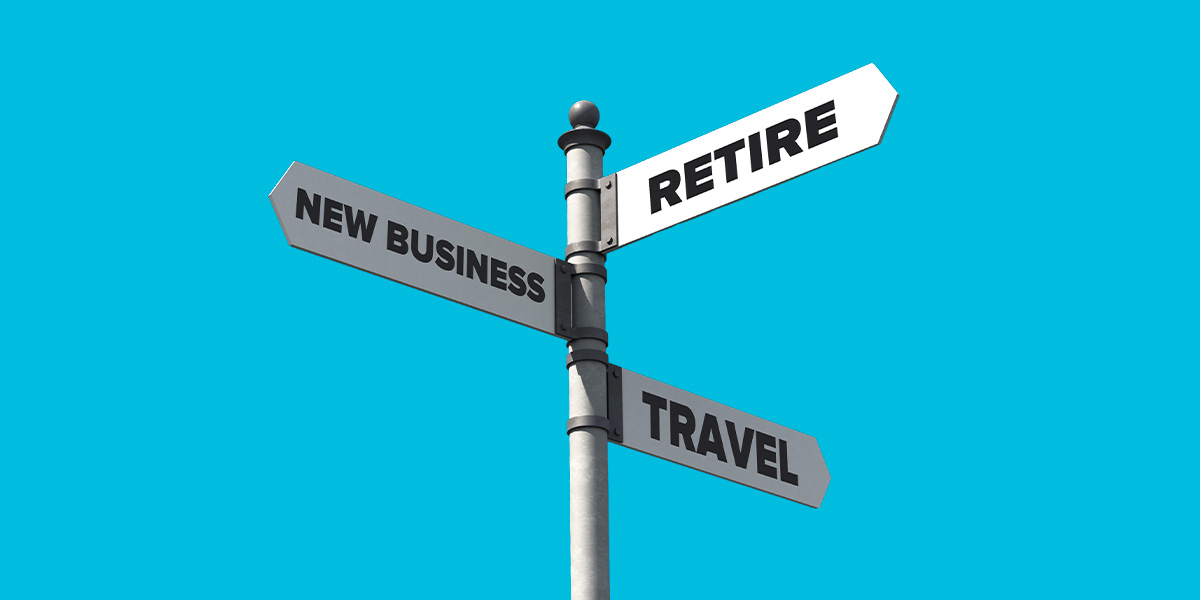-
Business Banking -
Insights
What Are the Tax Benefits of Equipment Financing?
The Tax Cuts and Jobs Act (TCJA), signed into law in December 2017, includes a number of changes that may affect your business this year. In particular, if your business needs new equipment or machinery to keep growing, the new tax law may make those investments more attractive than ever before.
Four Components of the New Tax Law That May Affect Your Business Growth
1. Lower Corporate Tax Rate
One of the signature components of the new tax bill is the corporate tax rate, which was lowered from 35 percent to 21 percent, beginning with tax year 2018. If your business is a corporation, it will likely be paying a much lower tax rate, which can free up resources for more investment in the business.
“One of the major selling points of the lower corporate tax rate was the amount of cash it would put back into the business owner's hands," said Rebecca Drake, certified lease and finance professional at First American Equipment Finance, a City National Bank company. “With the tax savings, companies will have stronger cash flow and will be able to impact the economy by hiring more workers, paying higher salaries or purchasing new equipment or machinery to grow their businesses."
2. Interest Expense Deduction
If, like many business owners, you choose to invest some of that extra cash into new business equipment or machinery, this change to the tax code may influence how you pay for those investments. Previously, companies could deduct the interest on loans with no limit. But under the new law, a company with revenue greater than $25 million can only deduct interest expense of up to 30 percent of its earnings before interest, taxes, depreciation, and amortization (EBITDA). Starting in 2022, the amount of tax-deductible interest will become even smaller, when it will be capped at 30 percent of earnings before interest and taxes (EBIT).
“For some businesses, this new limit on deductible interest will make the cost of borrowing much higher," Drake said.
Many companies may choose equipment leasing rather than loans, since lease payments are 100 percent deductible with no limit. For companies that will be affected by the new limit on deducting interest expenses in 2018, lease financing may offer more tax advantages than obtaining an equipment loan. For companies that are uncertain about whether the interest expense cap will apply to them in future years, leasing today ensures future tax deductions are preserved.
3. Depreciation Changes
If you've ever purchased new or pre-owned equipment or machinery for your business in the past, you've been required to depreciate the expense of newly purchased or pre-owned equipment or machinery over a number of years. But with the new tax law, all that has changed.
“Previously, with the bonus depreciation that was available to take in the first year, most business owners could deduct about 60 percent of the cost during that year and the rest would be depreciated over future years – and bonus depreciation was not allowed on pre-owned equipment," said Sarah Yarnes, certified lease and finance professional at First American Equipment Finance. “Now, business owners can deduct 100 percent of the expense of new and used equipment purchased during the same year."
To take advantage of the new 100 percent deduction, business owners can acquire equipment or machinery with cash, a loan or a capital lease, Yarnes said. “For many companies, leasing is a good option because they want to conserve cash, match the financing with the expected use of the equipment and stay up to date with technology. First American also offers a trade-in program to make it convenient for clients to refresh equipment and machinery," she added. “But the right way to purchase really depends on the business, its financial objectives, and how long they plan to use the equipment."
While the new law allows 100 percent deductions of business equipment, it does require a 39-year depreciation for restaurant or retail remodeling. But that change was reportedly a mistake — legislators say they intended to provide 15-year depreciation for remodeling--and hope to change that part of the legislation, according to The New York Times.
4. Like Kind Exchanges
Previously, like-kind exchanges (or 1031 exchanges) allowed a business owner to sell one asset, such as a piece of equipment, and replace it with another similar asset without creating a tax liability from the gain of the sale. However, the new tax law only allows like-kind exchanges with real estate assets.
This impacts businesses that were planning a like kind exchange on an airplane, helicopter or other type of machinery. “This was the trade-off for the government to recoup some of the losses from lowering the corporate tax rate," Yarnes said. “But the other changes that affect business will be game changers, spurring investment and growth for many companies."
This article is for general information and education only. It is provided as a courtesy to the clients and friends of City National Bank (City National). City National does not warrant that it is accurate or complete. Opinions expressed and estimates or projections given are those of the authors or persons quoted as of the date of the article with no obligation to update or notify of inaccuracy or change. This article may not be reproduced, distributed or further published by any person without the written consent of City National. Please cite source when quoting.
City National, as a matter of policy, does not give tax, accounting, regulatory or legal advice. Rules in the areas of law, tax, and accounting are subject to change and open to varying interpretations and readers should seek professional advice.
Equipment financing and leasing is offered by First American Equipment Finance, a subsidiary of City National Bank, and is subject to credit approval by, and documentation acceptable to, First American Equipment Finance.





